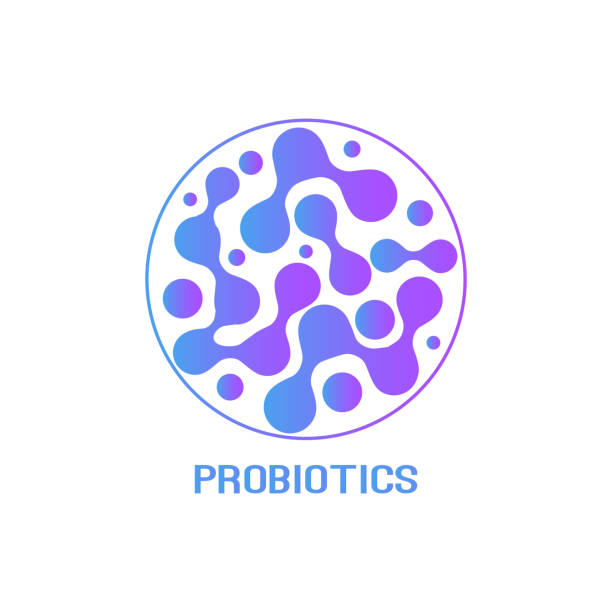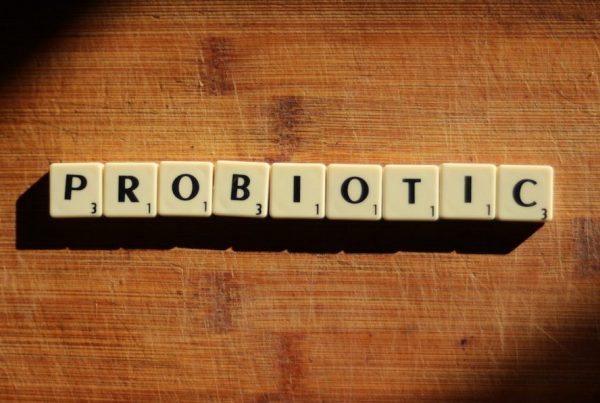Decoding the Secrets of Gut Health: Unraveling Pre-, Pro-, and Postbiotics
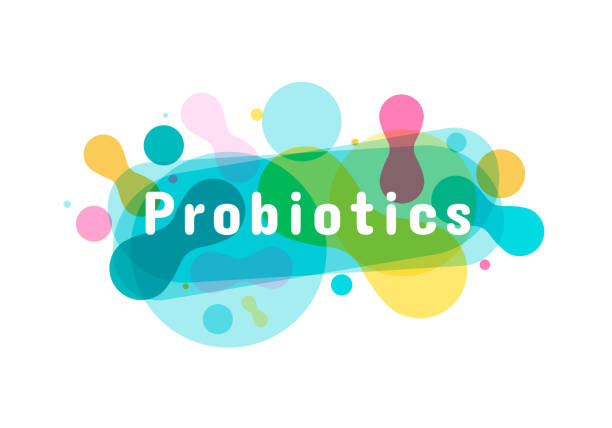
Introduction
Maintaining a healthy gut is crucial for overall well-being, and the terms prebiotics, probiotics, and postbiotics often come up in discussions about gut health. In this article, we will explore the definitions, sources, and health benefits of these components, shedding light on their unique roles in supporting a healthy gut.
Section 1:
Unveiling Prebiotics Prebiotics are indigestible fibers that serve as nourishment for the beneficial bacteria in our gut. These fibers undergo fermentation by gut bacteria, stimulating the growth and activity of these beneficial microbes.
Key Points:
- Definition: Prebiotics are indigestible fibers that nourish beneficial gut bacteria.
- Food Sources: Garlic, onions, bananas, asparagus, and whole grains are rich sources of prebiotics.
- Health Benefits: Prebiotics promote the growth of beneficial bacteria, aid digestion, boost the immune system, and enhance nutrient absorption.
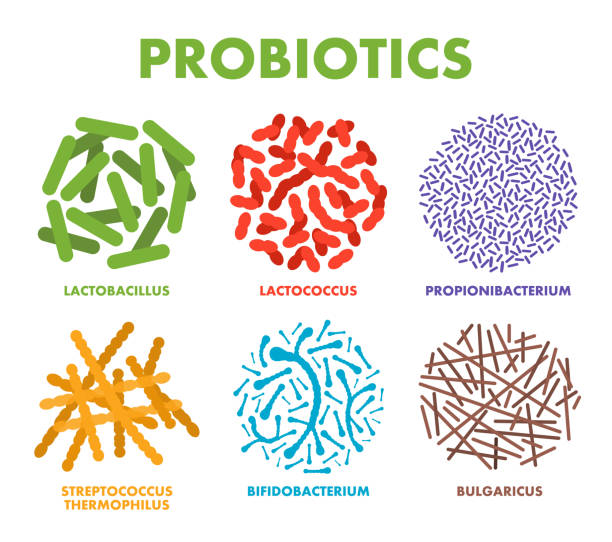
Section 2:
Exploring Probiotics Probiotics are live microorganisms that provide health benefits when consumed in sufficient quantities. They can be found naturally in certain foods or taken as supplements, helping to maintain a balanced gut microbiota.
Key Points:
- Definition: Probiotics are live microorganisms that offer health benefits when consumed.
- Sources: Yogurt, kimchi, and specific types of cheese are natural sources of probiotics. Dietary supplements are also available.
- Health Benefits: Probiotics support gut health, aid digestion, boost immunity, alleviate certain digestive disorders, and potentially contribute to mental well-being.
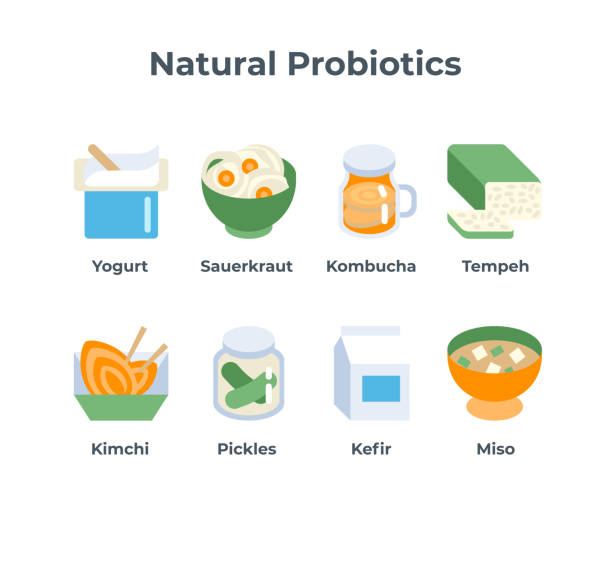
Section 3:
Unraveling Postbiotics Postbiotics are the metabolic byproducts of probiotic fermentation in the gut. These byproducts, including organic acids, enzymes, peptides, and other compounds, play a vital role in the overall health benefits associated with probiotics.
Key Points:
- Definition: Postbiotics are the metabolic byproducts of probiotic fermentation.
- Types: Postbiotics encompass organic acids, enzymes, peptides, and other bioactive compounds.
- Health Benefits: Postbiotics exhibit anti-inflammatory, antioxidant, and immune-modulating properties. They can enhance gut barrier function, support immune health, and potentially prevent certain diseases.
Conclusion:

Understanding the distinctions between prebiotics, probiotics, and postbiotics is essential for optimizing gut health. Prebiotics provide nourishment to beneficial bacteria, probiotics introduce live microorganisms for gut balance, and postbiotics are valuable byproducts that contribute to overall health benefits. By incorporating a variety of prebiotic-rich foods, probiotic sources, and fermented foods into your diet, you can nurture a thriving gut ecosystem and support your overall well-being.
Remember, it’s always important to consult with healthcare professionals or registered dietitians before making significant dietary changes or starting any new supplements, as they can provide personalized guidance based on your specific needs and health conditions.

